Eva Fricke
£28.95
– bottle
(75cl)
Add item
2022 Riesling, Trocken, Eva Fricke, Rheingau, Germany
White
2022
Drink, youthful
Medium Bodied
Dry
12.0% Alcohol
Find out more
£36.00
– bottle
(75cl)
Add item
2022 Riesling, Trocken, Kiedrich, Eva Fricke, Rheingau, Germany
White
2022
Lay down
Medium Bodied
Dry
12.0% Alcohol
Find out more
£109.00
– bottle
(75cl)
Add item
2022 Riesling, Trocken, Lorcher Krone, Eva Fricke, Rheingau, Germany
White
2022
Lay down
Medium Bodied
Dry
13.0% Alcohol
Find out more
Available in bond
2019 Riesling, Trocken, Eva Fricke, Rheingau, Germany
White
2019
Drink, youthful
Medium Bodied
Dry
12.0% Alcohol
Find out more
Available in bond
2020 Riesling, Trocken, Eva Fricke, Rheingau, Germany
White
2020
Drink, youthful
Medium Bodied
Dry
12.5% Alcohol
Find out more
Available in bond
2021 Riesling, Beerenauslese, Lorcher Schlossberg, Eva Fricke, Rheingau, Germany
White
2021
Lay down
Medium Bodied
Sweet
6.0% Alcohol
Find out more
Available in bond
2021 Riesling, Trocken, Lorcher Krone, Eva Fricke, Rheingau, Germany
White
2021
Drink, at peak
Medium Bodied
Dry
12.5% Alcohol
Find out more
Available in bond
2021 Riesling, Trocken, Eva Fricke, Rheingau, Germany
White
2021
Drink, at peak
Medium Bodied
Dry
12.5% Alcohol
Find out more


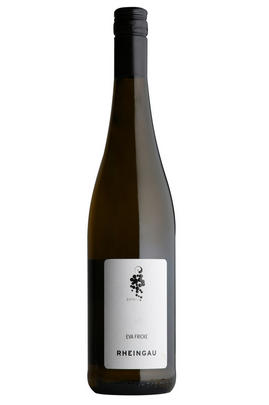
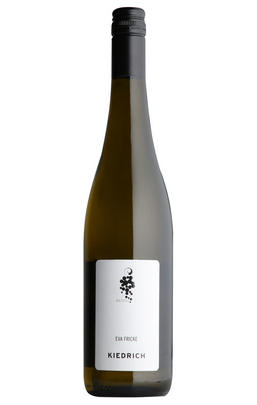
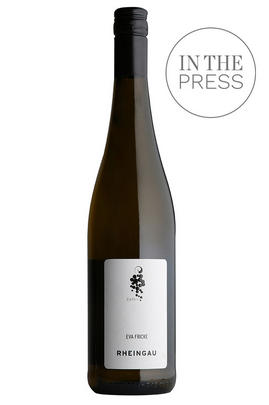
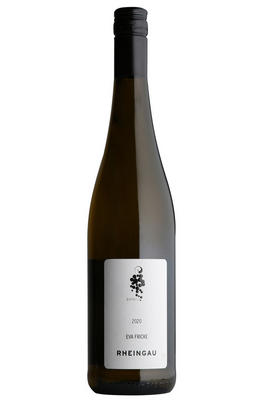
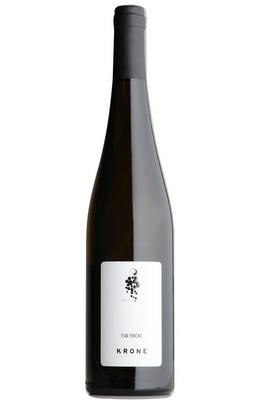
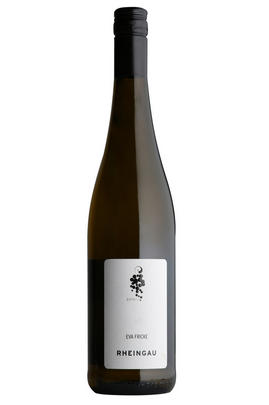
Eva Fricke has been crafting laser-focused dry Rieslings from the small town of Eltville since 2011. In short order, she has established a reputation as one of the finest producers in the Rheingau. After completing her studies at Geisenheim University, Eva took the winemakers’ grand tour – gaining experience in Australia, Bordeaux, Piedmont and Ribera Del Duero. Drawn to the Rheingau, she became the winemaker at Weingut Leitz.
In 2006, Eva started to make her own wine as a side project, starting with less than 0.25 hectares. Over the next six years, she leased and purchased enough vineyard to leave Leitz and strike out on her own. From her small beginnings Eva has now built a portfolio of 17 hectares of vineyards.
In creating her single-vineyard wines, her goal is to demonstrate the personality and individuality of the Rheingau. Seeing her responsibility as not only re-establishing the Rheingau’s past position in Germany’s top tier but to elevate it to new heights.
As an introduction to Eva’s wines, the Rheingau Riesling is a blend from several Rheingau vineyards in Lorch, Eltville, Hattenheim and Kiedrich. This comes from a full cross-section of the Rheingau’s soils: sandy loess and loam, clay and alluvial, slate and quartzite. The sand, loam and clay contribute to more fruit-forward wines. The slate and quartzite found in the vineyards of Krone and Schlossberg imbue her single-site wines with a linear, saline quality.
From the outset, Eva has been committed to organic and biodynamic methods of farming, believing not only in the environmental benefits but also that it allows more expression of terroir.
Wherever you see Eva’s wines described you will find the same adjectives: tingly, vibrant, filigreed, intense. It’s therefore no surprise to find that the winery is devoid of old wooden vats and instead gleams with stainless steel.
In keeping with Eva’s low-intervention philosophy, fermentation is spontaneous and kick-started with native yeasts. Her wines will spend anything from 4-10 months on their fine lees, gathering weight and complexity and fixing the freshness firmly in place.
The Rheingau Riesling may be Eva’s entry level, but it is by no means an entry-level wine. It’s a masterclass of purity and balance, a perfect marriage of ripe fruit and flinty minerality.
Eva describes the Krone and Schlossberg as her Grands Crus. While this is not a legal term in Germany it is easy to understand the context: Krone’s 70-year-old vines arranged on grey slate with a limestone sub-soil produce a wine of miraculous expression which dances out of the glass. The vines of Schlossberg’s warmer site are more venerable still, planted in the 1930s and ’50s.There’s no shortage of Eva’s trademark precision here, but it overflows with generous, exotic fruit.